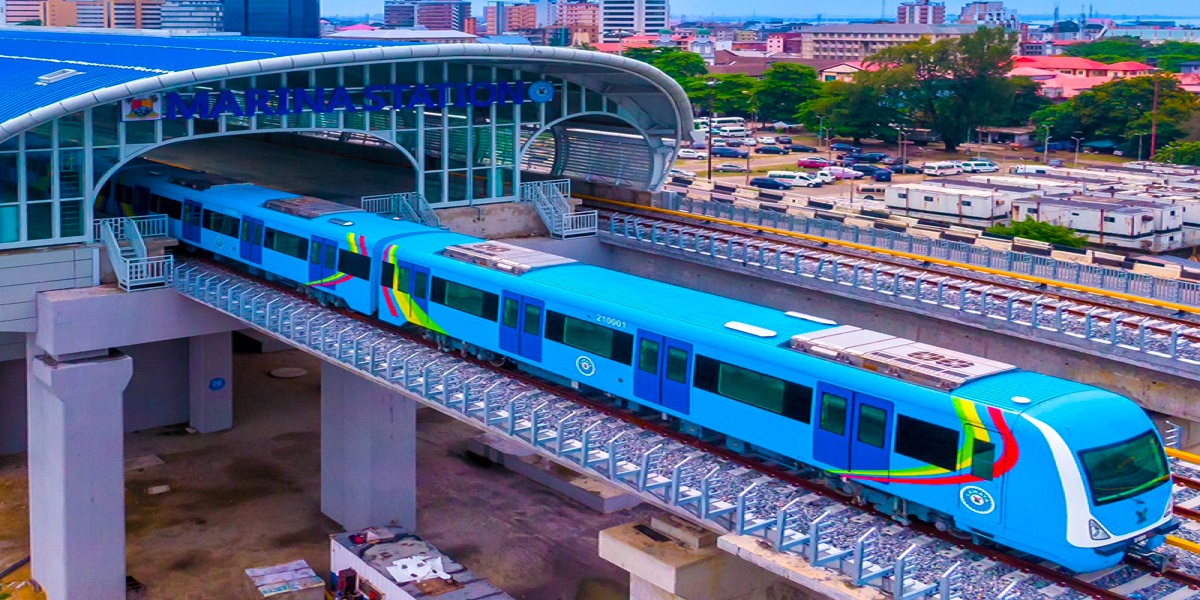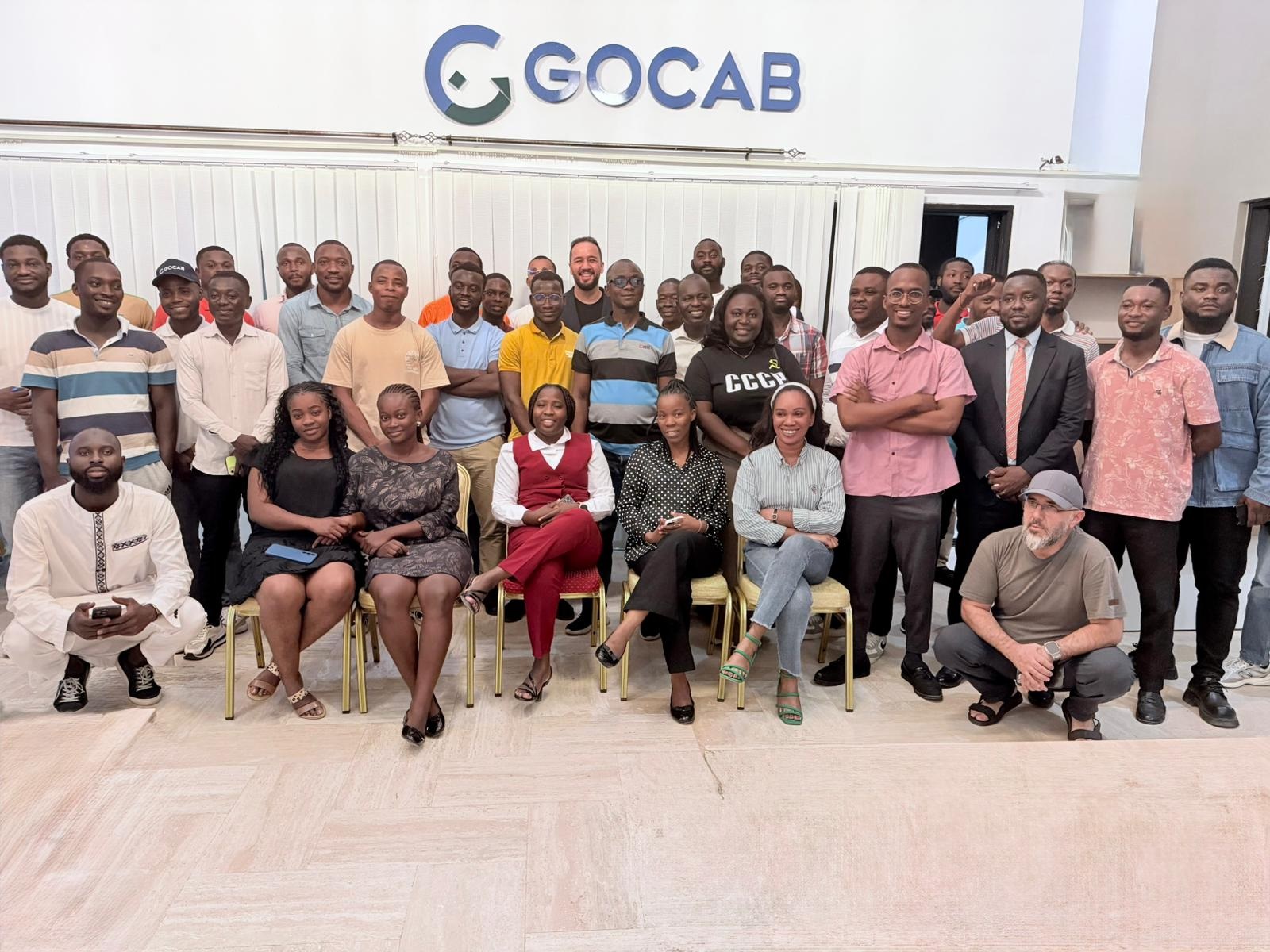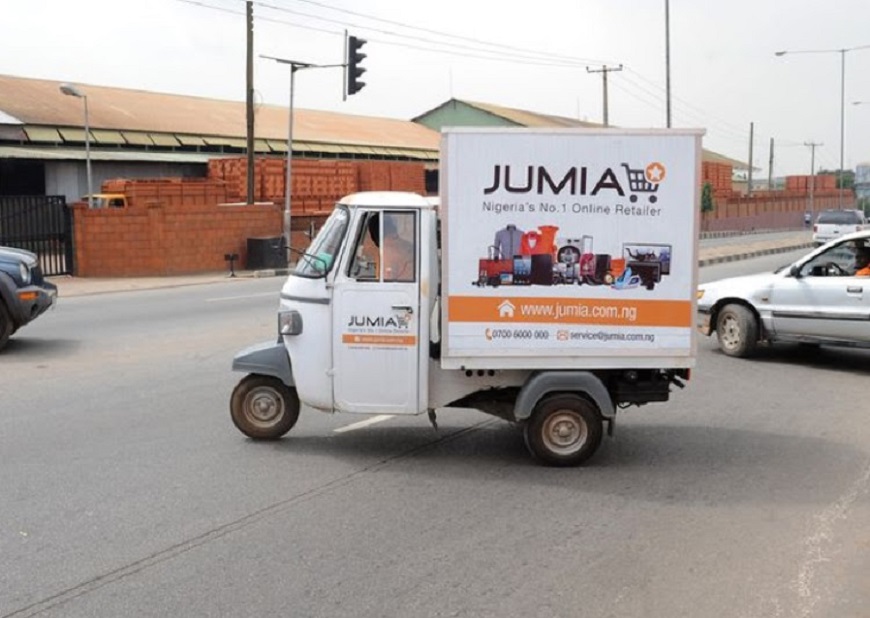Auto
Haul247 Moves to Provide Haven for Trucks, Warehouses

By Adedapo Adesanya
With logistics recognised as the key to unlocking Africa’s commerce potential, Haul247, a Google Black Founders’ Fund grantee, has positioned itself as the continent’s Airbnb for trucks and warehouses.
Africa’s logistics industry remains fragmented, with informal carriers operating over 80 per cent of the market with one to three vehicles, indicating an urgent need to address the supply-demand mismatch since the ecosystem cannot optimize itself.
Experts argue that while the value of all logistics assets, including infrastructure and vehicles, can easily account for half of an advanced economy’s gross domestic product (GDP), Africa’s logistics sector continues to be hampered by a lack of supporting infrastructure, bottlenecks in service delivery, and a widespread informal approach to logistics business.
To tackle one of these critical issues, Haul247 founders; Mr Sehinde Afolayan, Mr Tobi Obasa and Mr Akindele Phillips believe that solutions to logistics in Africa that do not solve warehousing challenges will be more costly, inefficient, and risky.
For the trio, Haul247 was birthed after weeks of brainstorming to be the “Airbnb” for trucks and warehouses in Africa. The company’s value proposition is a unique platform offering opportunities for clients to transport and store their goods in one logistics ecosystem.
“Most companies cannot accurately predict and forecast since different vendors handle transportation and warehousing needs. This makes it hard for them to control, distribute and plan their logistics requirements effectively,” Mr Sehinde said.
He further noted, “Most manufacturing companies in Africa concentrate their manufacturing hubs in one city and move or distribute their products to other cities and towns across the countries. Typically, truck owners charge manufacturers and shippers exorbitant fees since they have to absorb the empty return leg.
“With Haul247, the system matches orders with available assets with our ‘Airbnb’ approach for trucks and warehouses. Partners are assured of reverse hauling, and shippers are charged less than they normally pay; this reduces transportation costs and guarantees efficient asset utilization.”
So far, Haul247 has onboarded 14 enterprise and FMCG businesses. The startup also has over a thousand trucks on its roster, with about 150,000 square meters of warehouse space available across multiple locations.
However, the company is not relenting in its objective to optimize logistics service delivery in key African markets. Over the next five years, Haul247 is looking to expand into other African countries. It is also working on upgrading its technology and integrating with key logistics ERPs to serve clients and partners better.
“Ultimately, we want to bring about increased efficiency in the logistics industry across the continent, improve trade mobility across African cities and commercial hubs, and provide better storage and financial products for our users,” Mr Afolayan noted.
Auto
LAMATA to Boost Red Line Rail Capacity With 24 New Coaches

By Adedapo Adesanya
The Lagos Metropolitan Area Transport Authority (LAMATA) has announced plans to deploy 24 new coaches to boost the capacity of the Red Line rail by the third quarter of 2026.
In a Wednesday statement signed by its Head of Corporate Communications, LAMATA said it acknowledged recent reports and social media footage highlighting passenger discomfort on the Oyingbo-Agbado train service due to technical issues affecting the air conditioning system.
It noted that the plan to provide the 24 new coaches forms part of its long-term strategy to enhance capacity, comfort and service reliability.
“We sincerely apologise to our valued commuters for the heat and inconvenience experienced during their journey.
“As part of our long-term strategy to enhance capacity, comfort, and service reliability, LAMATA is pleased to announce the expected delivery and operationalisation of additional rolling stock by the third quarter of 2026.
“The new acquisition will comprise three train sets, each with eight coaches, bringing a total of 24 additional coaches to strengthen the existing fleet and improve passenger experience across the Red Line corridor,” the organisation stated.
The statement further revealed that the agency has deployed a technical team to diagnose and resolve the cooling system’s failure to return affected coaches to optimal operating conditions.
“In the immediate term, our technical and engineering teams have been deployed to diagnose and resolve the root cause of the cooling system failure. Restoration works are ongoing, and efforts are being intensified to return the affected coaches to optimal operating condition as swiftly as possible.
“LAMATA remains firmly committed to delivering safe, efficient, and world-class rail services. We continue to take proactive measures to minimise technical disruptions and improve overall service quality.
“We appreciate the patience, understanding, and continued support of the public as we complete these essential repairs. The comfort, safety, and well-being of all passengers remain central to our operations,” the statement concluded.
Auto
inDrive Ranks Second in Ride-Hailing App Downloads Globally

By Modupe Gbadeyanka
A global mobility and urban services platform, inDrive, for the fourth consecutive year, has emerged as second in ride-hailing app downloads in the world.
In its latest report, a leading market intelligence firm, Sensor Tower, also disclosed that the company ranked fourth globally in the travel category for downloads, up from fifth place in 2024, reflecting growing engagement as it continues its transition into a super app.
It was also revealed that inDrive was ranked number one in the travel category by downloads in nine countries, with newcomers to the list including Peru and Pakistan, and placed among the top three most downloaded travel apps in 22 countries.
The chief executive of inDrive, Mr Arsen Tomsky, while commenting on these feats and others, said the continued rise underscores a broader shift toward multi-service platforms that deliver everyday value while remaining closely aligned with local market needs and user expectations.
“Maintaining our position as the world’s second most downloaded ride-hailing app for a fourth consecutive year is a powerful validation of the value inDrive delivers to its users every day.
“This recognition reflects the trust people place in our platform and the continued dedication of our global team.
“As inDrive evolves into a super app, we remain focused on our core principles of fairness, transparency, and user choice, while expanding access to services that make a meaningful difference in people’s daily lives,” Mr Tomsky said.
The latest report highlights that super app ecosystems are becoming a key growth driver for the ride-hailing industry, particularly in emerging markets where users are engaging more frequently and across a broader range of use cases.
The inDrive app – defined by its peer-to-peer pricing model that allows drivers and riders to agree on a fair price mutually – has now been downloaded over 400 million times since its launch. Available in 1,065 cities worldwide, it has facilitated more than 8 billion transactions.
The platform operates across 48 countries, driven by strong global adoption, including growing momentum across Africa and continued growth in Nigeria.
In 2025, inDrive accelerated its transition into a super app, expanding beyond its core ride-hailing offering to offer additional services, including intercity transportation, courier, grocery delivery, and financial services.
By expanding its offering and meeting more of its users’ daily needs, inDrive is driving deeper and more frequent user engagement – an approach that underpins its continued global momentum.
Technology under the hood, including AI and advanced analytics, plays a significant role in supporting this evolution by enabling greater personalization and more seamless user experiences.
From using machine learning to fix mapping gaps and deliver more accurate ETAs, to predictive analytics that anticipate user needs and personalize service offerings, these capabilities drive innovation. In contrast, ensuring users retain complete control over pricing decisions is consistent with inDrive’s commitment to fairness through choice.
Auto
GoCab Receive $45m to Scale Ethical Mobility Financing Platform

By Dipo Olowookere
A funding package of up to $45 million has been secured by a mobility fintech firm, GoCab, to scale its ethical mobility financing platform across emerging markets.
A statement made available to Business Post disclosed that the funds comprise $15 million equity and $30 million debt, with the equity round co-led by E3 Capital and Janngo Capital. Others involved in the transactions were KawiSafi Ventures and Cur8 Capital.
GoCab operates a drive-to-own mobility fintech model that provides credit to gig-economy workers to buy their own car, bike and others in emerging markets.
It offers vehicles in drive-to-own programmes, mobile phone BNPL, motorbike financing for delivery couriers, and other value-added services through a single digital platform powered by proprietary technology.
With this financing support, GoCab plans to expand its operations and fleet, aiming for 10,000 active vehicles and $100 million in annual recurring revenue within the next 24 months.
Across five markets, GoCab now generates over $17 million in Annual Recurring Revenue (ARR) after just 18 months of operations and is on target to reach $50 million by end of 2026 and $100 million in 2027.
The company was established in 2024 by Mr Azamat Sultan and Mr Hendrick Ketchemen to address the limited access to ethical financing and vehicle ownership for gig-economy workers in Africa.
By combining mobility, technology, and inclusive finance, the organization enables drivers and delivery couriers to generate stable income while progressively gaining ownership of their vehicles.
By 2025, GoCab had taken a leading position in several African markets, supporting thousands of drivers and contributing to cleaner, more sustainable urban mobility systems.
“Transforming lives and improving the daily reality of thousands of families is the mission we have set for ourselves. We believe that capital can and must become a powerful force for transformation across Africa and emerging markets,” Mr Ketchemen said.
His counterpart, Mr Sultan, disclosed that, “For us, GoCab is about restoring dignity and opportunity through ownership.
“Across Africa, millions of people are locked out of both mobility and finance. We saw how capital was flowing everywhere except to the people who actually needed it to work.
“This round allows us to scale responsibly expanding access to fair, ethical financing while accelerating the transition to electric mobility, lowering carbon emissions, and building a more inclusive and sustainable future in close alignment with our investors.”
One of the investors, Mr Vladimir Dugin of E3 Capital, said, “The shortage of vehicles and the high cost of transportation remain two of the most pressing challenges across Africa. GoCab is addressing both head-on through a data- and technology-driven platform that expands access to mobility while improving efficiency at scale.
“Its rapidly growing EV fleet lowers costs for riders and drivers alike, while significantly reducing emissions. We are proud to support GoCab as it builds the leading pan-African mobility platform for the future.”
“We are proud to lead GoCab’s $15 million equity round, catalysing over $30 million in debt financing. We were impressed by their vision, their world-class team, and the quality of their execution.
“With this funding, GoCab now has the scale to deploy thousands of productive vehicles, each supporting a full-time income.
“With a clear operational roadmap toward 10,000 active assets and $100 million in recurring revenue, GoCab illustrates how ethical financing can translate into tens of thousands of decent jobs, household resilience, and sustainable growth at scale,” the chairman of Janngo Capital, Fatoumata Bâ, stated.
Also, a partner at KawiSafi Ventures, Mr Marcus Watson, said, “GoCab is building critical infrastructure for climate-smart mobility and the future of work in emerging markets. The combination of disciplined execution, strong unit economics, and a clear impact thesis makes GoCab a compelling platform for sustainable growth.”
-

 Feature/OPED6 years ago
Feature/OPED6 years agoDavos was Different this year
-
Travel/Tourism10 years ago
Lagos Seals Western Lodge Hotel In Ikorodu
-

 Showbiz3 years ago
Showbiz3 years agoEstranged Lover Releases Videos of Empress Njamah Bathing
-

 Banking8 years ago
Banking8 years agoSort Codes of GTBank Branches in Nigeria
-

 Economy3 years ago
Economy3 years agoSubsidy Removal: CNG at N130 Per Litre Cheaper Than Petrol—IPMAN
-

 Banking3 years ago
Banking3 years agoSort Codes of UBA Branches in Nigeria
-

 Banking3 years ago
Banking3 years agoFirst Bank Announces Planned Downtime
-

 Sports3 years ago
Sports3 years agoHighest Paid Nigerian Footballer – How Much Do Nigerian Footballers Earn



















